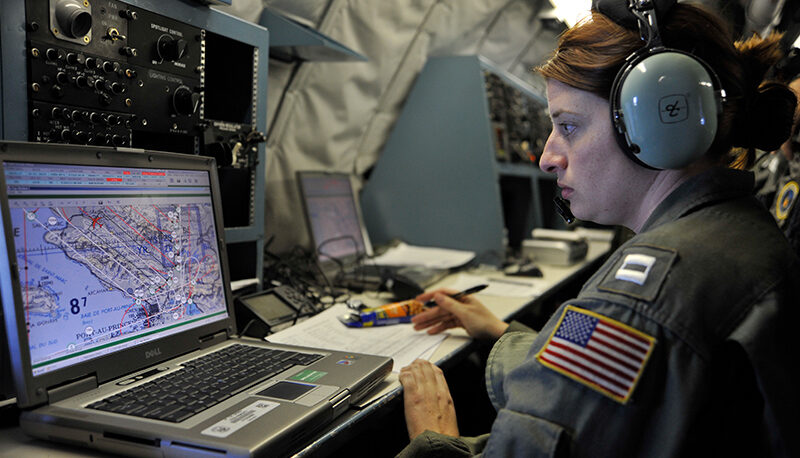Shira Eini Pindyck
Postdoctoral Fellow
Technology and International Security
Dr. Shira Eini Pindyck is an Assistant Professor of National Security Affairs at the U.S. Naval War College. Previously she was a Postdoctoral Fellow in Technology and International Security at the UC Institute on Global Conflict and Cooperation and the Livermore and Los Alamos National Laboratories. She received her Ph.D. in Political Science from the University of Pennsylvania in 2021. Her research interests include international security, military technology, and the role of gender in innovation integration and military effectiveness. She is published in the Journal of Strategic Studies, and her book project, Innovation and Inclusion in the Armed Forces, builds a broad theory of gender and military innovation, with cases extending from the experiences of Israeli drone operators to Australian and Turkish counterinsurgency doctrines.

Expertise & Interests
- International security
- Military innovation
- Gender
- International relations

